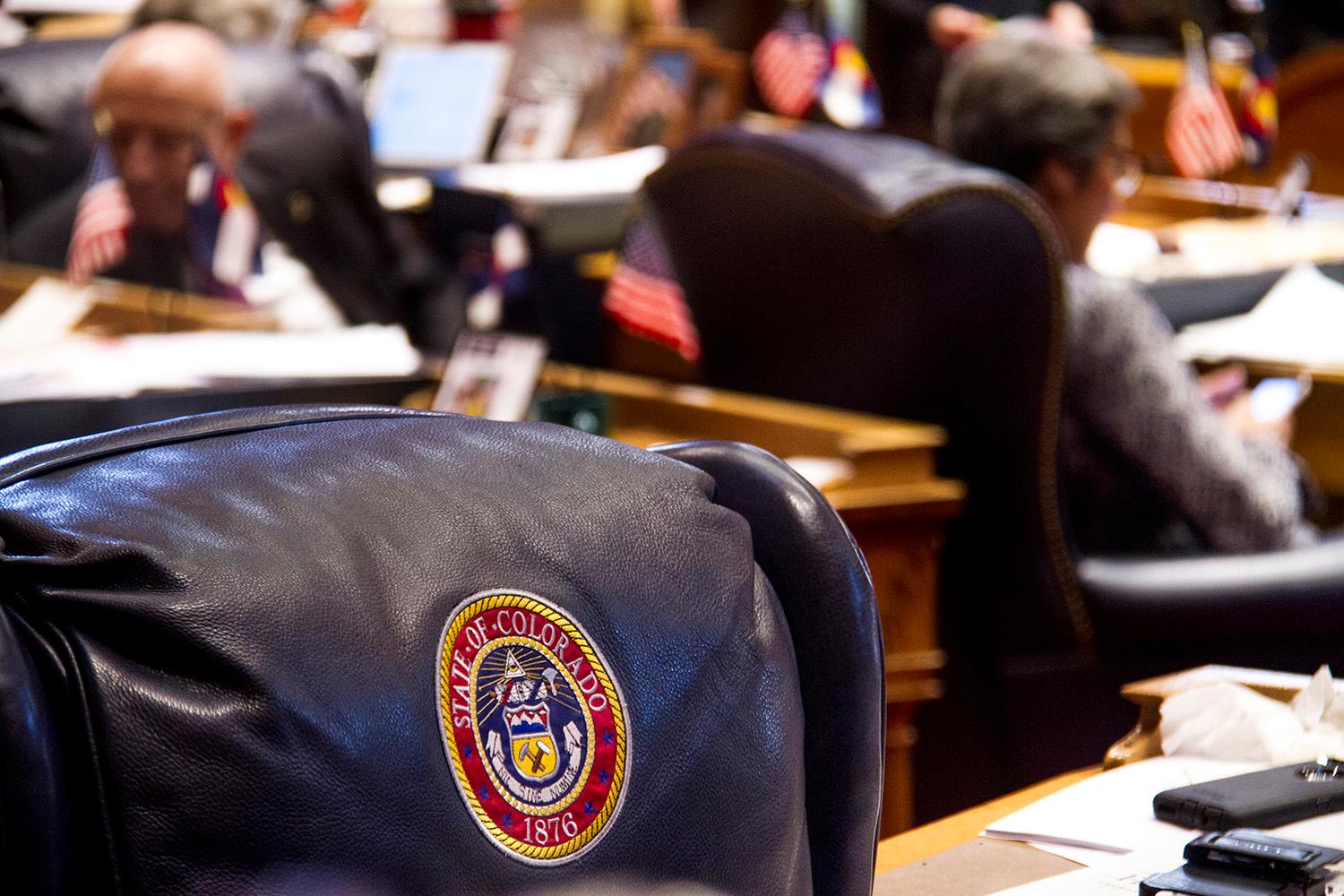
Colorado lawmakers started the day Wednesday with pledges of bipartisanship and odes to the Colorado way.
Then Republicans in the state Senate promptly sent a Democratic bill that would fully fund all-day kindergarten to a kill committee, while Democrats in the House dispatched a Republican bill that would allow concealed-carry permit holders to take their guns onto school grounds.
And so began the 2018 session of the Colorado General Assembly, a session that many observers expect to be stickier and messier than the 2017 session, which saw major compromises on budget issues, construction defects reform, and charter school funding. The big issues for this session are expected to be reform of the state pension fund and transportation funding, and both will have implications for education.
Colorado lawmakers are in an unusual position this year of having plenty of money to spend. Colorado’s economy continues to do well, and state economists predict that changes in federal tax law will cause Coloradans to pay more income tax to the state. Lawmakers also have more money to spend this year after passing a bipartisan bill last year that eased some spending restrictions.
Many Republicans are pushing for the lion’s share of that extra money to go toward transportation after a bipartisan bill to ask voters to approve a tax increase for roads and transit failed last year. That precludes spending it on other needs, including education.
Democrats, on the other hand, want to spread that money around.
“Let me be clear: Transportation funding is a priority,” Speaker of the House Crisanta Duran said in her opening day remarks. “Our Colorado students are also a priority. We will have the opportunity to address chronically low funding for K-12 and higher education.
“During this session, we will be reviewing every part of the state budget to assure that it balances the priorities and needs of the people of Colorado.”
That was about as specific as Duran got, though she also called out the need for more affordable child care options so that parents could pursue work opportunities.
Republican Minority Leader Patrick Neville said his party would work with Democrats on bills that offer “real hope for educational success,” but he pushed back against the idea that more money was necessary.
“We’ve spent a great fortune on K-12 education, but we haven’t gotten a great result,” he said. “The time has come for us to have an open mind to new approaches to education. Instead of spending that fortune to empower bureaucracies, why don’t we try to empower students and parents?”
The amount the state spends on education goes up every year with inflation and growth in the student population, and the governor’s budget calls for a 4.5 percent increase in per-pupil spending. Lawmakers also have reduced the state’s education funding shortfall that was created after the Great Recession. The shortfall is the amount of money the state should pay to local school districts under the state constitution but doesn’t because it can’t afford it. However, Colorado remains in the bottom tier of states when it comes to education funding, and doesn’t pay for full-day kindergarten.
The Democratic bill that was doomed on arrival would have found the money for kindergarten by asking voters to let the state keep money collected above a constitutional spending cap. State Sen. Kevin Priola, a Henderson Republican, is working on a different kindergarten funding bill that would find the money by not paying districts for high school seniors who are taking multiple study halls or less rigorous electives. At Chalkbeat’s legislative preview, he said he hoped to make the bill revenue-neutral to make it more likely to pass.
On opening day, members of both parties praised a bill last year that requires districts to equitably share revenue from voter-approved local tax increases with charter schools. An interim committee on school finance is only halfway through its work and isn’t expected to produce recommendations until after this session is over. Any bills out of that committee would be taken up in 2019, by a new set of lawmakers.
Senate President Kevin Grantham, aCañon City Republican, did not call out any education issues as priorities for his caucus, but he did join Minority Leader Lucia Guzman, a Denver Democrat, in stressing the importance of expanding internet access in rural areas as a tool for both education and economic development. Gov. John Hickenlooper has repeatedly identified rural broadband as a priority, but legislative efforts have failed in past years.
“We have an opportunity to advance the education, economic growth, and healthcare systems of Colorado by ensuring that every corner of our state is effectively connected to the internet,” Grantham said. “Whether it’s the fifth grader in Dove Creek trying to get his homework done or the business owner in Creede wanting to sell his goods online or a hospital in Hugo researching life-saving solutions for their patient, there are few opportunities that can bring so much benefit to so many Coloradans.”
Guzman struck a similar note.
“Far too many rural and mountain communities across Colorado remain isolated from the growing opportunities offered by broadband services,” she said. “Many students in schools across Colorado are falling behind because of the lack of access to reliable Internet.”
Guzman also called for campaign finance reforms that would reach into school board elections that have seen large influxes of outside money from teachers’ unions, charter school proponents and other interests.
Chalkbeat is a nonprofit news site covering educational change in public schools.












